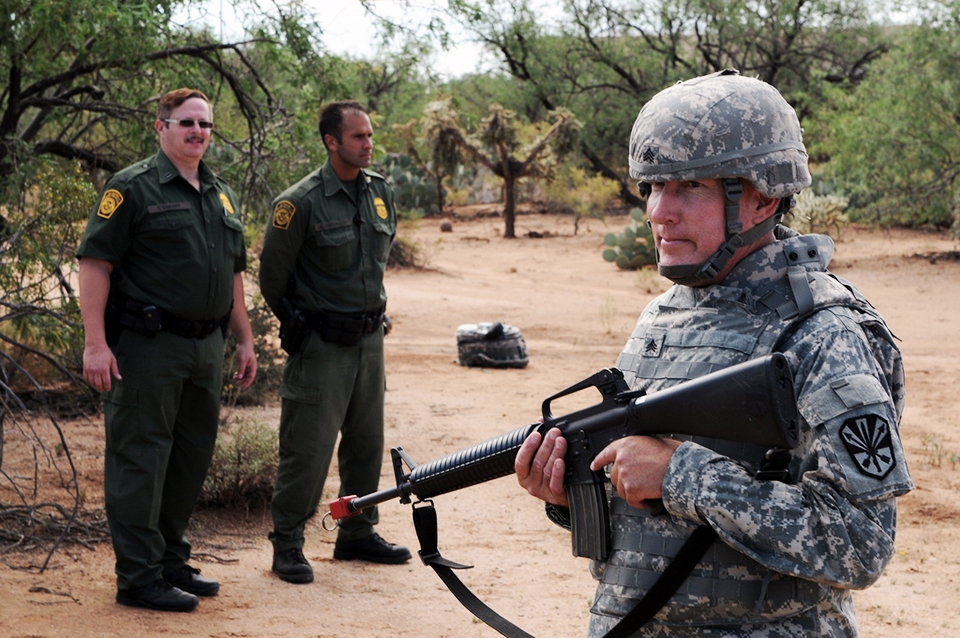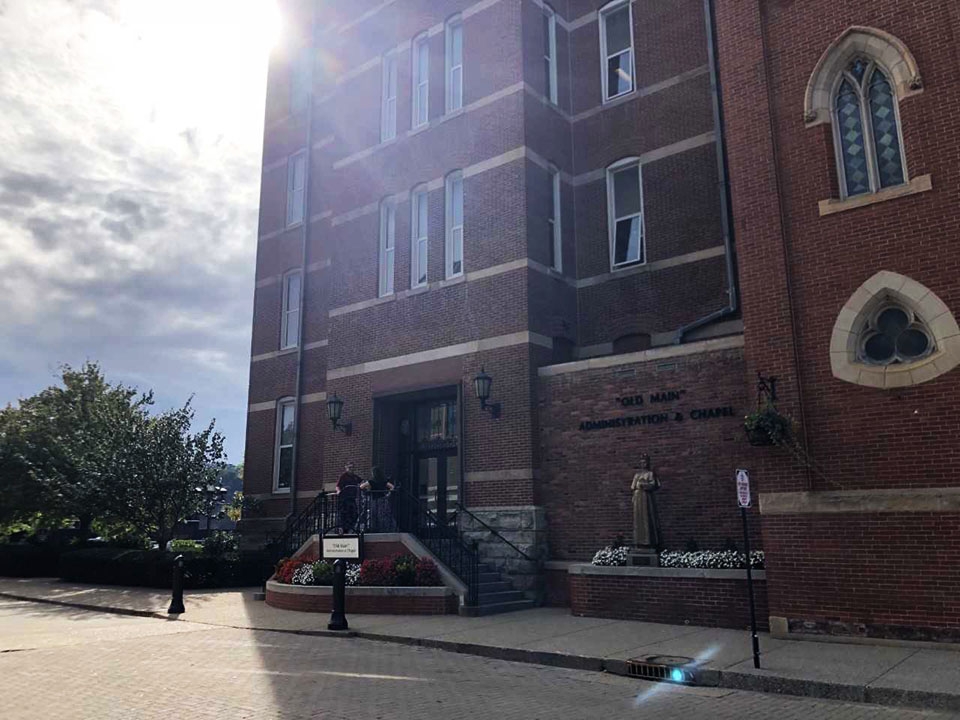

Bendel is playing the role of Eddie in the CLO production of Million Dollar Quartet.
By Zach Landau | A&E Editor
Since its inception in 2004, the Pittsburgh CLO Cabaret has brought exceptional talent to the city’s cultural district. Among those who work for this Pittsburgh staple is Duquesne alumn Justin Bendel. The Duke talked with Bendel about his time at the university, his experience in the Cabaret and his future prospects within theater.
Just to start, Shelby (our contact) was telling me a little about you and said you went to Duquesne.
Justin Bendel: I did. It’s been a few years, but I graduated in ‘98 with my undergrad from there.
And what did you study?
B: I studied bass performance in the music school. Actually, I was originally an electric bass guitar player. I mean, that’s what my first degree is in. I was basically a minor in double bass.
Were you a part of any groups here?
B: Yeah, I was in the guitar ensemble because they had a lot of guitar players. There were basically four to five guitars, then there was the rhythm section, which was the bass and the drummer. There was an electronic ensemble called Paradigm, and that was a lot of fun. I joined orchestra eventually because I took on double bass halfway through [my academic career]. I felt like I excelled at it, and I enjoyed it. So I made it into orchestra, and I became principal the last semester I was there. I was also in choir, and I think that’s it. Oh, and the pep band as well for the basketball games. So I got a lot of experience just by being (at Duquesne), and that was really great for me.
And my teacher who was there and still there, Jeff Mangone, really was essential when I was starting out. He would give me things he couldn’t do, like gigs he couldn’t take. So he would give them to me, give me the contacts, and I got a lot of experience in the real world and actually making some money by his recommendation basically.
And how long have you been with the CLO Cabaret?
B: I started playing for the Cabaret when it first opened, which was, I believe it was 2004 when it opened. So I was playing there for the first show, which was called Forever Plaid, and … (the Cabaret) did 412 shows over a year and a half. And I was a part of the whole thing. I think I missed maybe 10 of those shows. So I did a vast majority of that run, and that was very helpful for me.
So I started working there, and there was Always… Patsy Cline; I was just a sub on that, and did a few of those shows. I did First Date, which was last year, last January. And then I did Pump Boys, which was just this past January, and that kind of lead me into what I’m doing now.
And what you’re doing now is the Pittsburgh CLO’s production of The Million Dollar Quartet. Can you tell me a little about that show?
B: Yeah. It’s based on a recording session that happened, and I guess it was just a fluke that all of these guys got together. It was Carl Perkins, … and he was doing a recording session, and all of the sudden Elvis showed up, and Johnny Cash. And (Perkins) brought in Jerry Lee Lewis as an unknown piano player… So it became known as the Million Dollar Quartet because they just happened to get together and started playing together and recorded the whole thing.
So I’m the bass player, who was… Carl Perkins’ brother.
And this is an on-stage part, correct?
B: Yes, I’m on stage. Usually I do a lot of pit orchestra work, so I’m underneath the stage or off to the side. Any of the stuff with Cabaret up ’til Pump Boys was off stage or part of the orchestra. But for (Million Dollar Quartet), I have lines; I have about five or six things to say. But that would have been scarier for me if I hadn’t done Pump Boys because I had two things to say for Pump Boys (laugh), so it was a little bit of a precursor for this.
And the other thing with Pump Boys, that was the first time I had to memorize a show. I wasn’t just reading and turning pages the whole time. Pump Boys was the first time I actually had to memorize, so I think that I probably would have freaked out with (Million Dollar Quartet) because it’s all memorized. There’s no music onstage.
So onstage performances are new to you. Are you taking a liking to it? Do you think you’re going to continue with onstage performances, or do you think you’re more comfortable in the pit?
B: I don’t know. I have a lot more fun doing this, I can tell you that. It’s really a great time. It’s great to be a part of something like that. I feel like when you’re in the pit, you’re supporting it, and you’re a part of it, but you really are a part of the show [while onstage].
I do enjoy it; I would do it again. I plan on seeking out some other opportunities to do this show because it seems to be a trend that, like, a lot of shows out there that want real, live musicians on stage.
So this interview is going to be published in our first issue of the year. Is there any advice you would like to give to incoming freshmen?
B: I guess I would tell them to get the most out of their professors. They are people who are there for a reason. I would get the most out of the connections they have there… That’s how I got into the professional world, through those ties there.
So that would be my advice to them. To really get the most out of their professors who are there in whatever field they’re in.
This interview has been edited for publishing.




